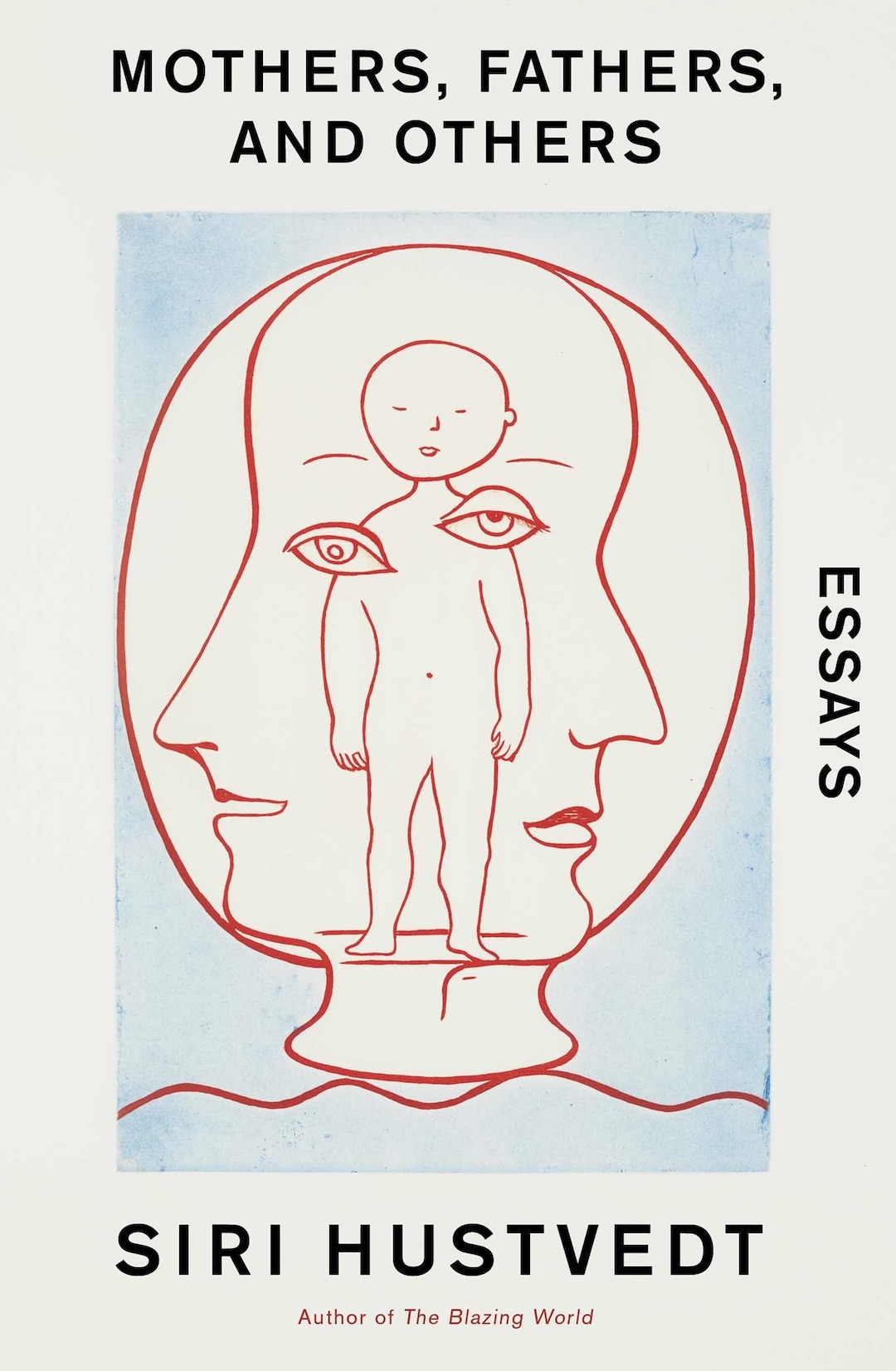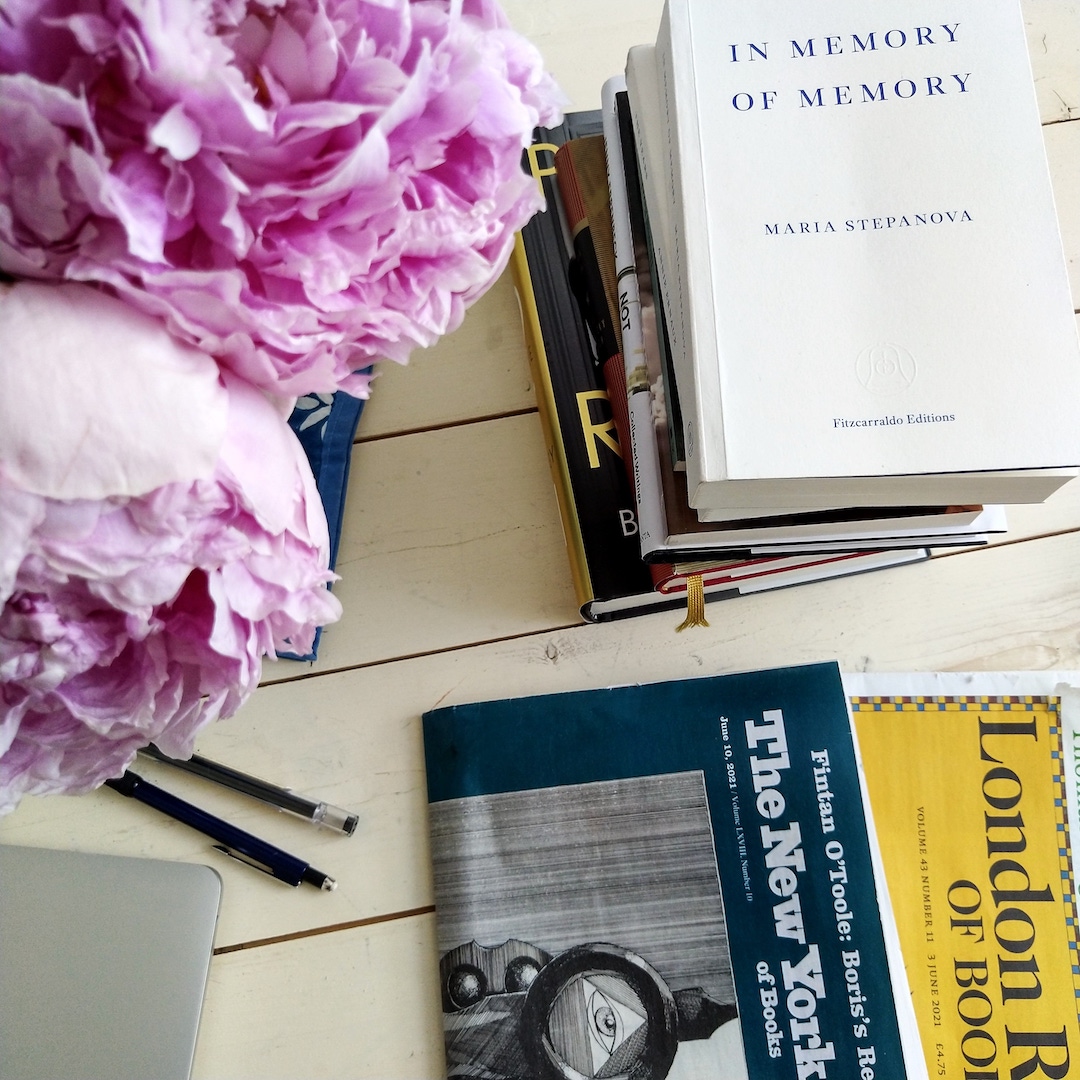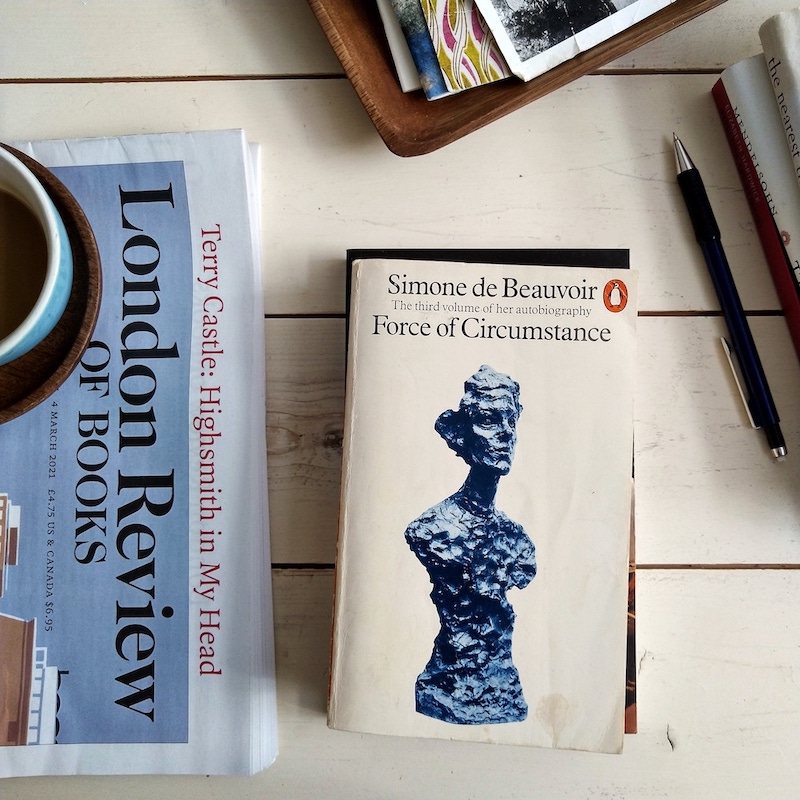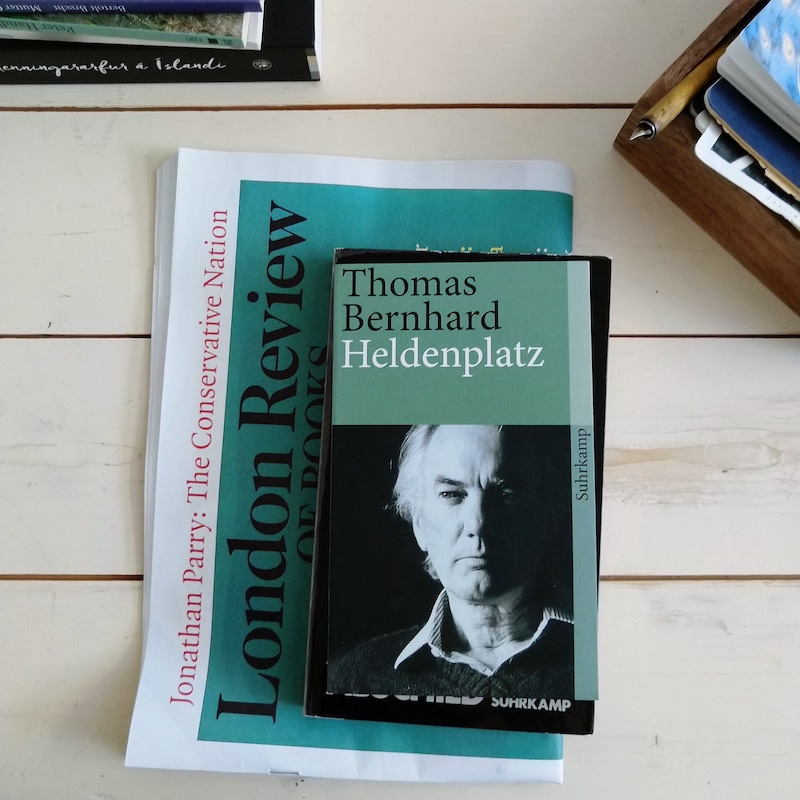First, the book lover's confession: I have this tendency to go through periods where I read too many books at once, which is probably a form of addiction. Perhaps such periods depict restlessness and escapism, and blaming the pandemic has come in handy. Since last autumn there has been a lockdown in Austria, but with spring arriving - the vaccine too, hopefully - it's time for spring cleaning, to reduce the piles of books. It's going well. I have already read most of the books on the new reading list, which I intended to share in February, but I have been saving one: the 3rd volume of Simone de Beauvoir's autobiography. I conditioned myself to complete certain books before meeting up with her again, this time in post-war France. The volume spans the period 1945 to 1963, when Beauvoir wrote, among others, her feminist work The Second Sex and the novel The Mandarins.
As I once promised, I have included on the list Brecht's masterpiece
Mutter Courage und ihre Kinder, which translates
Mother Courage and Her Children (one of many editions available in English). Recently, I was browsing in an Icelandic digital archive, which gives access to articles in newspapers and periodicals, when I came across
a theatre critique from 1965. At Christmas that year, Brecht's play was performed at The National Theatre of Iceland and the critic was far from impressed. If you can read Icelandic you will learn that it was mainly the director's fault.
Featuring the Austrian writer Peter Handke on a reading list without saying a few words about him is unthinkable. He received the 2019 Nobel Prize in Literature, which by many within literary circles was considered a controversial decision. Handke's career starts in the sixties but suddenly in the nineties, he becomes controversial when his writings about the wars in former Yugoslavia start appearing. Without hesitation he criticised the media coverage of what was taking place in the Balkans, the language applied to describe events. A turning point was an article by Handke that appeared in the German newspaper
Süddeutsche Zeitung in 1996, a travelogue about Serbia with a "provocative headline" written by the editors (
Icelandic source).
It certainly didn't help Handke's cause when he visited Slobodan Milosevic in prison when the former president was being tried by The International Criminal Court in The Hague. And to make matters worse he attended and spoke at his funeral in Serbia in 2006. However, many argue that nothing in Handke's writings justifies the attacks against him, which allows one to conclude that those who have been the loudest have, in fact, not read his works.

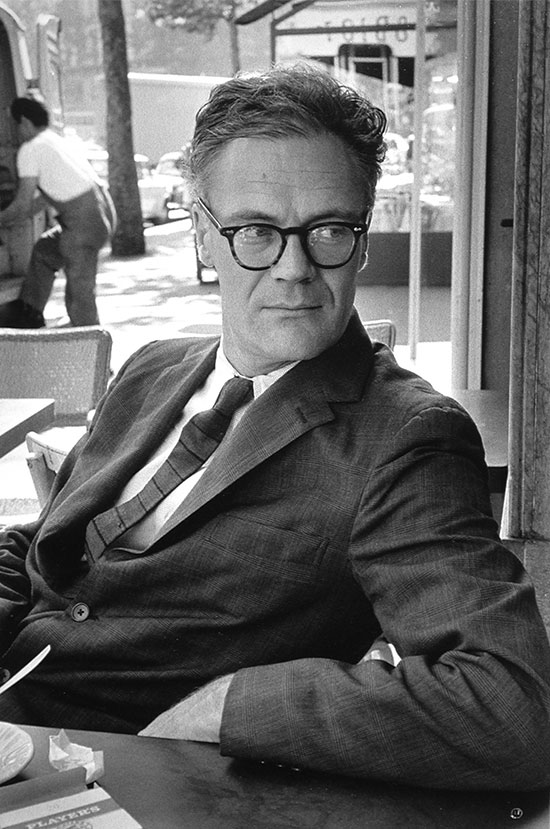
Left: Austrian writer and Nobel laureate Peter Handke;
right: American poet Robert Lowell
Handke's book on the reading list,
Wunschloses Unglück, was published in 1972. It's a short, well-written, semi-autobiographical book, prompted by his mother's suicide. Its English title is
A Sorrow Beyond Dreams (
UK edition;
US edition). I recently bought a German edition of Handke's book
Der kurze Brief zum langen Abschied (
Short Letter, Long Farewell, published by NYRB) which I will soon include on a reading list. If you speak Icelandic you may be interested in three links I shared in this same entry on my
Icelandic blog. They include interesting discussions about Handke and his works on RÚV, the Icelandic National Broadcasting Service.
It is worth mentioning that Handke, in collaboration with the German director Wim Wenders, wrote the screenplay for the 1987 film
Der Himmel über Berlin (
Wings of Desire), including
the poem Lied vom Kindsein, which Bruno Ganz recites at its start.
My reading lists do not often feature poetry, but at Christmas a friend in Iceland gave me a Faber & Faber edition of
Life Studies by Robert Lowell. It was first published in 1959 and contains confessional poems, e.g.
Skunk Hour (dedicated to poet Elizabeth Bishop) and
Waking in the Blue, and the prose memoir
91 Revere Street. This groundbreaking collection won Lowell the National Book Award for Poetry. I see myself reading it again and again.
top image by me | writers: 01: Peter Handke by A. Mahmoud via The Nobel Prize | 02: Robert Lowell via Put This On

